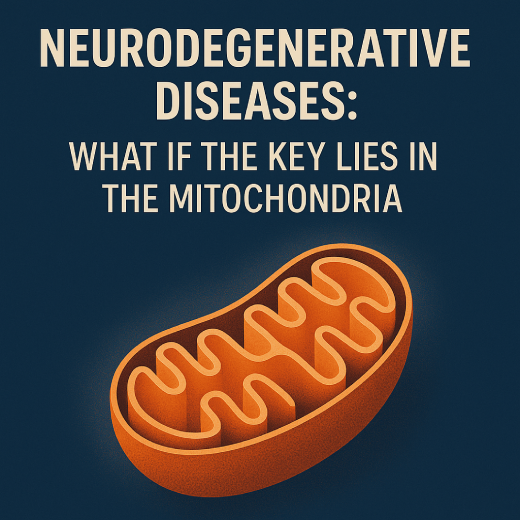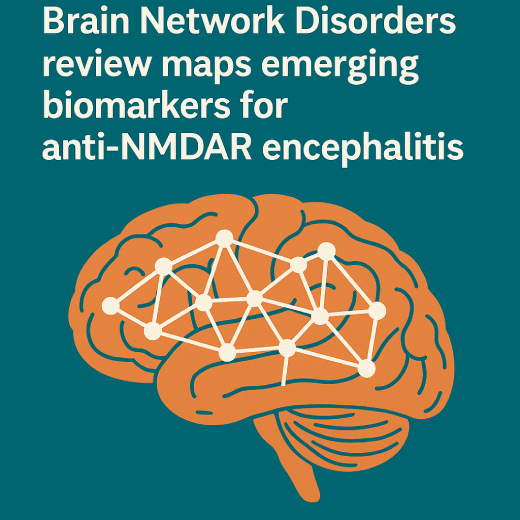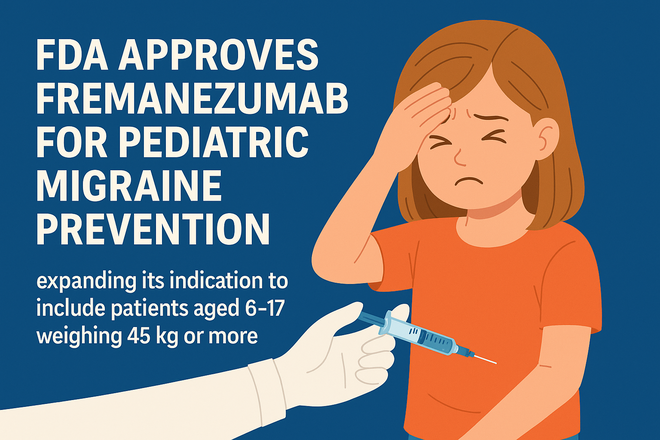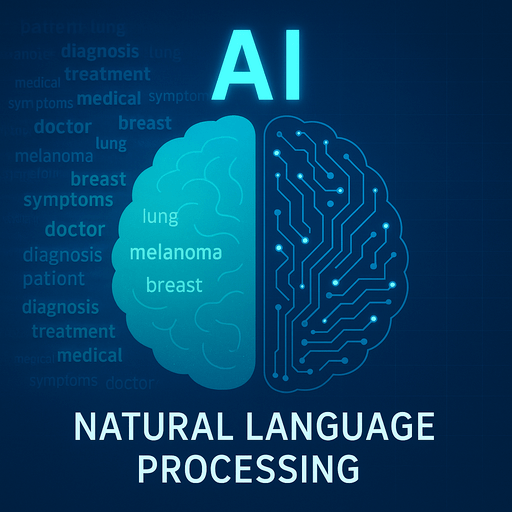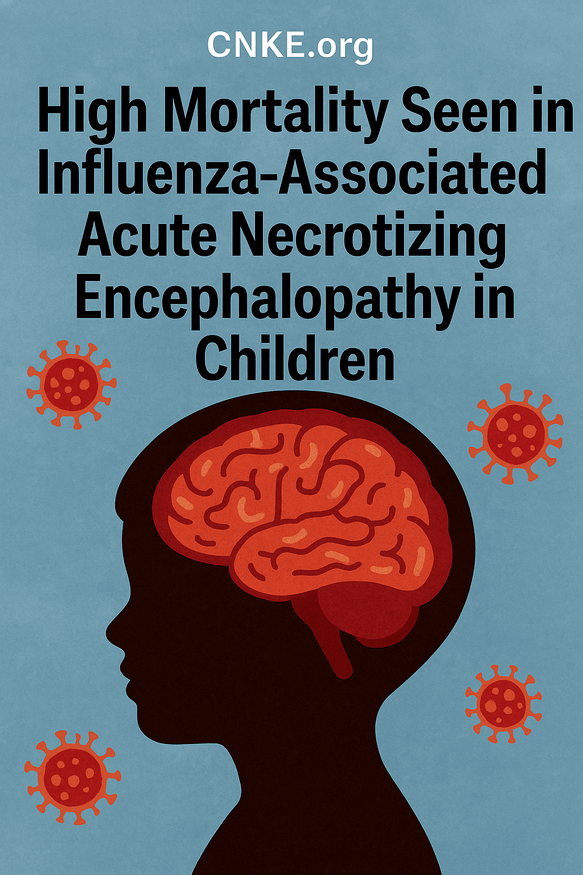Index
The New England Journal of Medicine has published a groundbreaking study detailing the discovery of a previously unknown genetic disorder affecting prenatal development in children — and an experimental treatment that could potentially reverse its effects.
Global Discovery Effort
Through an unprecedented worldwide collaboration, researchers identified children from Egypt, India, United Arab Emirates, Brazil, and the USA who shared strikingly similar symptoms and mutations in the same gene. The condition has been named Zaki syndrome in honor of co-author Maha S. Zaki, MD, PhD, of the National Research Center in Cairo, who first recognized the disorder. The Egyptian Society of Pediatric Neurological and Psychological Diseases has awarded Dr. Zaki the Scientific Excellence Award for this achievement.
Impact on Prenatal Development
Zaki syndrome affects the prenatal development of multiple organs, including the eyes, brain, hands, kidneys, and heart, often resulting in lifelong disabilities. Whole genome sequencing revealed that these children carried homozygous mutations in the WNT-less (WLS) gene. This gene controls signaling of WNT, a hormone-like protein critical to organ development.
Genetic Clues from Thousands of Families
By searching a global database of over 20,000 families with children affected by neurodevelopmental disorders, the research team identified 10 individuals from five unrelated families carrying WLS mutations. This finding confirmed a consistent genetic signature for Zaki syndrome.
Experimental Treatment Shows Promise
Using stem cell and mouse models, the researchers tested a drug called CHIR99021, which enhances WNT signaling. The results were striking — missing body parts in the mouse embryos began to form, and organ development resumed normal growth patterns. According to Joseph G. Gleeson, MD, Rady Professor of Neuroscience at the University of California San Diego School of Medicine, it may be “just a matter of time” before CHIR99021 could be considered for routine treatment in Zaki syndrome patients.
Looking Ahead
While human clinical trials are yet to begin, this discovery offers hope for targeted therapies in rare prenatal developmental disorders. The combination of genomic medicine, international collaboration, and early-stage drug intervention marks a new chapter in precision pediatric neurology.
Reference:
Chai, G., Szenker-Ravi, E., Chung, C., Li, Z., Wang, L., Khatoo, M., Marshall, T., Jiang, N., Yang, X., McEvoy-Venneri, J., Stanley, V., Anzenberg, P., Lang, N., Wazny, V., Yu, J., Virshup, D. M., Nygaard, R., Mancia, F., Merdzanic, R., … Gleeson, J. G. (2021). A Human Pleiotropic Multiorgan Condition Caused by Deficient Wnt Secretion. New England Journal of Medicine, 385(14), 1292–1301. https://doi.org/10.1056/nejmoa2033911


